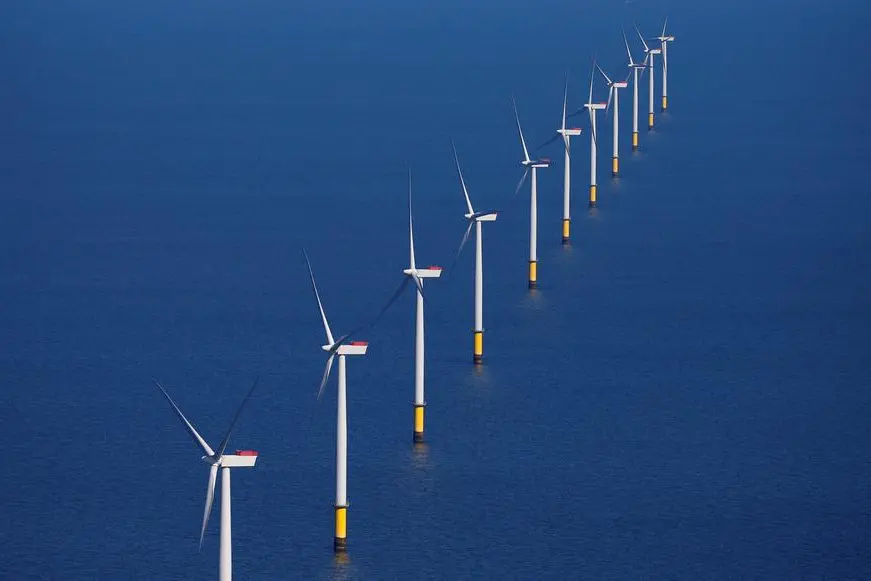PHOTO
LONDON: The European Union may need to do more to direct private funds into sustainable investments or it could fail to meet net-zero economy targets, an EU discussion document showed on Tuesday.
The EU's executive European Commission said in the informal discussion document that private sources will have to provide the bulk of financing for the low carbon transition.
"While there are some promising tangible results on the ground in terms of finance flowing towards activities which help decarbonise our economy, it looks uncertain whether current trends will be enough to meet our long-term goals," the document said.
It may be necessary to think of new ways to facilitate investment in the sectors that can make the biggest difference.
"Greater efforts may be needed to better help direct and amplify the impact of private funds," it added, without elaborating as it seeks member state views.
The European Commission had no immediate comment.
The bloc has already introduced a taxonomy or guidelines on sustainable investments, rules for green bonds, used to finance socially responsible investment, and mandatory environment, social and governance (ESG) disclosures for companies to aid investors.
These rules will continue to be fine-tuned for wider application across the economy, the Commission said in the discussion document for EU states on its workplan for a new five-year term from later this year.
Britain has already begun taking steps to encourage commitments for sustainable investments by insurers and pension funds.
The EU document also flags concerns about "structural challenges" faced by the financial services industry.
Despite years of reforms to create a capital markets union, few market players operate beyond their national market.
The national character of market infrastructures, national differences in supervision and enforcement, taxation and insolvency laws, seems to "discourage firms from exploiting the potential of the EU single market," the document said.
It asks EU states for views on tackling barriers to consolidation in some areas of financial services.
The EU this month approved a law to end heavy reliance on euro derivatives clearing in a post-Brexit London.
As Brexit creates a big competitor to the EU, Brussels wants to identify other areas in finance where it could end "excessive reliance" on third-country providers that could "diminish the EU's geopolitical weight". (Reporting by Huw Jones; editing by Barbara Lewis)





















